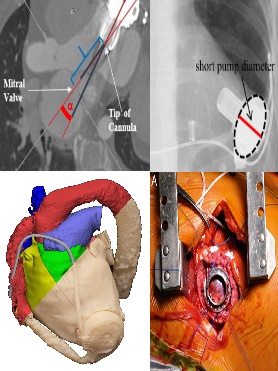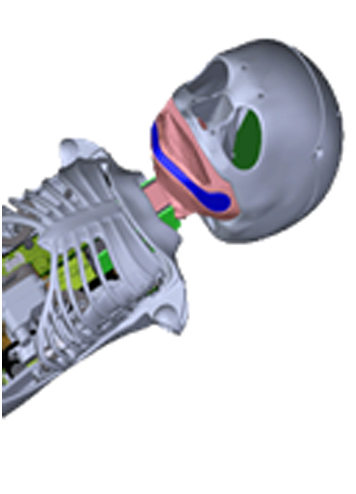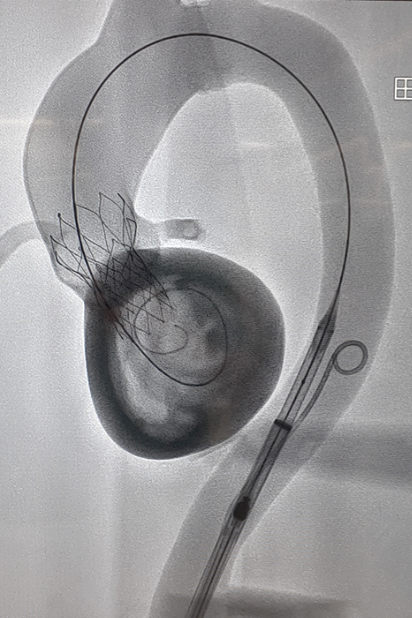Enabling challenging surgical and interventional procedures with speed, precision and confidence
Optimization of VAD implantation using 3D-modeling

This project aims at developing quantitative measurements of ventricular assist device (VAD) inflow positioning from patient 3D-modeling and clinical data and then determine correlations between position and therapy outcomes such as the occurrence of thrombosis, stroke, and suction. Based on this knowledge, standardized protocol for high quality imaging along for 3D-printed models that will allow improved preoperative planning and for minimally invasive VAD implantation. This project has been funded by the Medtronic External Research Program.
Teeth Models

Additively manufactured 3-dimensional tooth models including the root canal pave way for preclinical endodontic training and development of root canal cleaning devices and protocols. Patient-specific CT based tooth models offer pre-operative planning for anomalous root canal cases.
Neonatal simulators

Simulation-based training models can be additively manufactured from routinely performed patient imaging including 3D ultrasonography, MRI and CT, which we obain in a collaboration with the Division of Neonatalogy, Intensive Care Medicine and Neuropediatrics. Realistic training models ensure the highest possible standards for personalized training without actually jeopardizing the life of patients.
Models for structural heart disease

Within this project, we aim to develop simulators for training and development of transcatheter cardiac valve implantations. By combining traditional molding techniques with innovative 3D-printing technology, it is possible to to produce functional, soft and stress resistant models, with at the same time high anatomical detail. The simulators are being be adapted to allow flow-visualization using various kinds of clinical imaging such as 4D-MRI flow and Echo-PIV.
